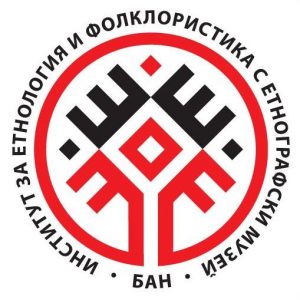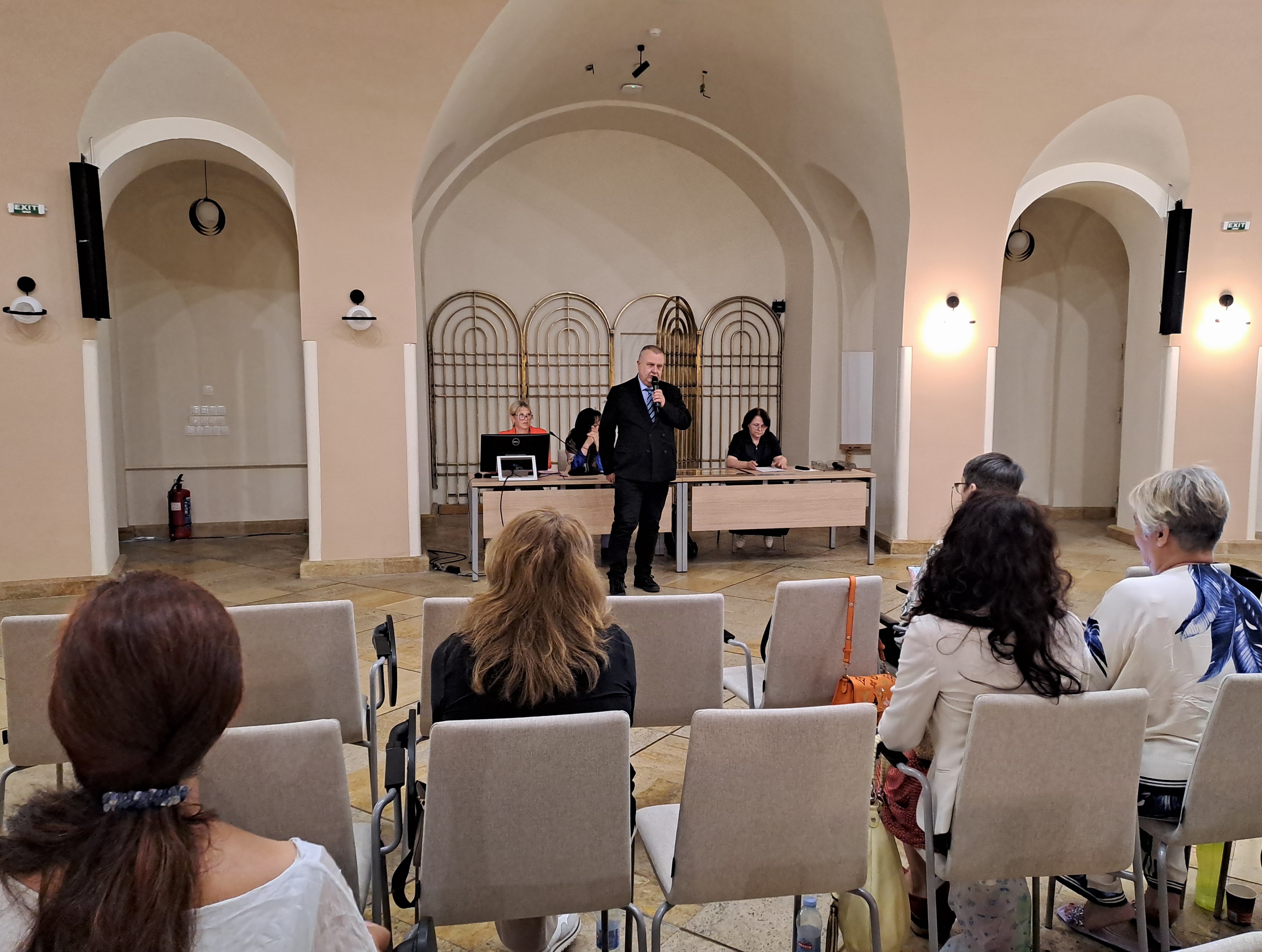These are the results of a nationally representative survey conducted by scientists from the Bulgarian Academy of Sciences
The contemporary identity of Bulgarian citizens is hybrid in nature, combining elements of national, supranational, ethnic and local identity. The share of identification with supranational structures is growing, with 30.8% of respondents perceiving themselves as “EU citizen”. This is shown by the results of a nationally representative survey conducted by scientists from BAS within the research project “National and European Dimensions of the Contemporary Identity of Bulgarians”, funded by the Bulgarian National Science Fund.
The leading place, with the largest share of 84.7%, is occupied by the national identity but its identification coordinates are changing. The importance of national identity understood as culture, history, memory and language is maintained. At the same time, identification with a particular nation-state in the sense of state borders, institutions and legal order begins to lose ground. State institutions and the legal order are becoming one of the indicators with the lowest significance for the formation of national identity consciousness which testifies to the changing role of statehood as a constitutive identity at the present stage.
It is noteworthy the emergence of a specific indicator of national identity – “being able to travel and work around the world as a citizen of an EU member state”, which reflects an interesting phenomenon – the emerging European identity becomes a reason for national pride, i.e. the awareness of the emerging European identity becomes one of the indicators of national identity.
“The formation of an idea of one’s own identity – individual and group – and the identity of others, different from us, from whom we differ, turns out to be one of the cornerstones of contemporary international and interstate relations and in many cases determines the nature of these relations – of peace or conflict and war,” commented Assoc. Prof. Dr. Albena Nakova, member of the research project. “All this determines the extreme topicality of the theme of identity in the contemporary world of global social changes and polycrises which increasingly question identities built and affirmed for centuries and necessitate the study of its contemporary dimensions and specificities.”
The study also shows that the processes of forming a European identity in Bulgarian citizens that have started are based first of all on the awareness of the practical side and the benefits of EU membership as an opportunity for free movement, access to European education and European funding. These are all things that directly concern a large number of people, especially younger people and those who actively travel or work in other European countries and from which they benefit to the maximum.
Bulgarian citizens justify their European identity, on the one hand, by their common geographical position, cultural heritage and historical past which define the cultural, civilizational and territorial aspect of European identity. On the other hand, it is the sharing of values, politics, legislation and economic development in common with European nations that express the political-economic aspect of European identity.







